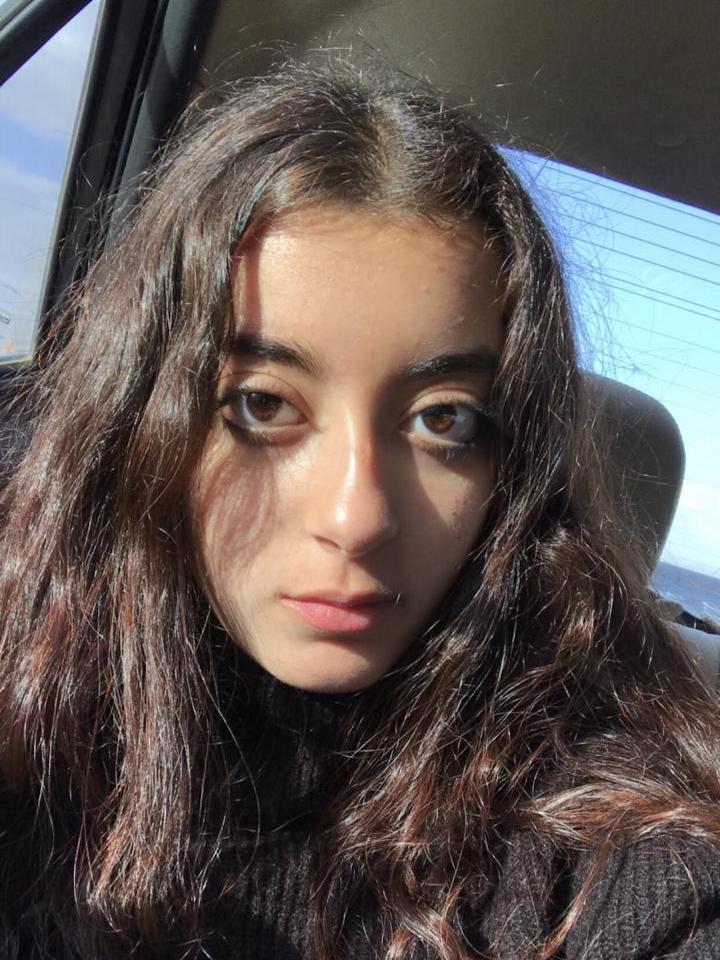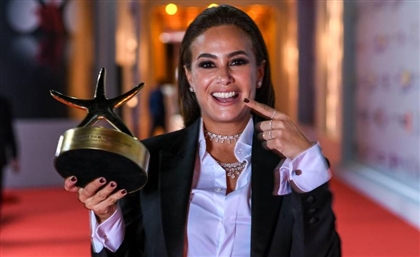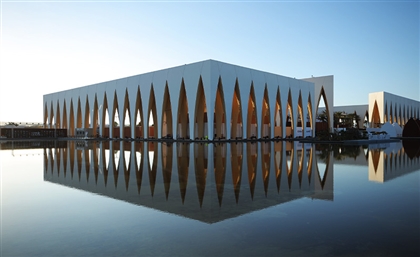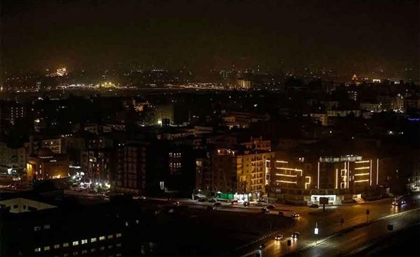El Gouna Film Festival Spotlights Sudan’s Enduring Cinematic Legacy
These restored Sudanese short films embody the enduring power of cinema to reflect, question and illuminate.
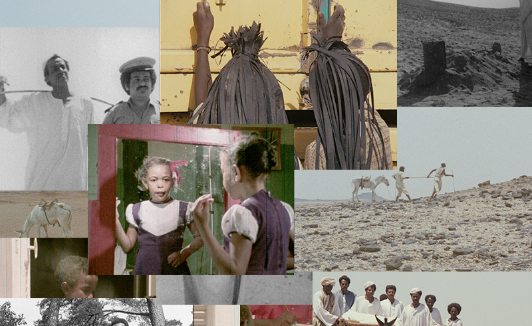
El Gouna Film Festival (GFF) and the Sudanese Film Group will spotlight the cinematic history of Sudan. As part of GFF’s ‘Special Screenings’ programme, the festival will screen eight restored Sudanese films paying tribute to the nation's enduring storytellers.
Emerging amidst a backdrop of pervasive state censorship in April 1989, the Sudanese Film Group was founded by three visionary directors – Suleiman al-Nour, Tayeb Mahdi, and Ibrahim Shaddad – to confront adversity through filmmaking. Recently revitalised by the Arsenal Institute for Film and Video Art in Berlin, the forthcoming screenings pay tribute to their profound vision and their inaugural cinematic endeavours, a testament to the spirit of that era.
"By sheer coincidence, the makers of these films found themselves in Cairo while the programme was being prepared, seeking refuge from the wave of violence and turmoil in Khartoum,” Marianne Khoury, Artistic Director of GFF, tells CairoScene. “This reaffirmed the need to provide a platform for Sudanese directors."
With themes ranging from incisive social commentary on racism to the profound exploration of man’s relationship with nature, these restored films embody the enduring power of cinema to reflect, question, and illuminate. Standing as emblematic figures, the three filmmakers’ works are intricately woven into the tapestry of Sudan’s resilient cinematic history.
AFRICA: FOREST, DRUM, REVOLUTION (1979)
Directed by Suleiman al-Nour
The diploma film by Sudanese filmmaker Suliman Mohamed Ibrahim Elnour, produced during his time at Moscow's VGIK film school, explores the depiction of Africa within Soviet society.
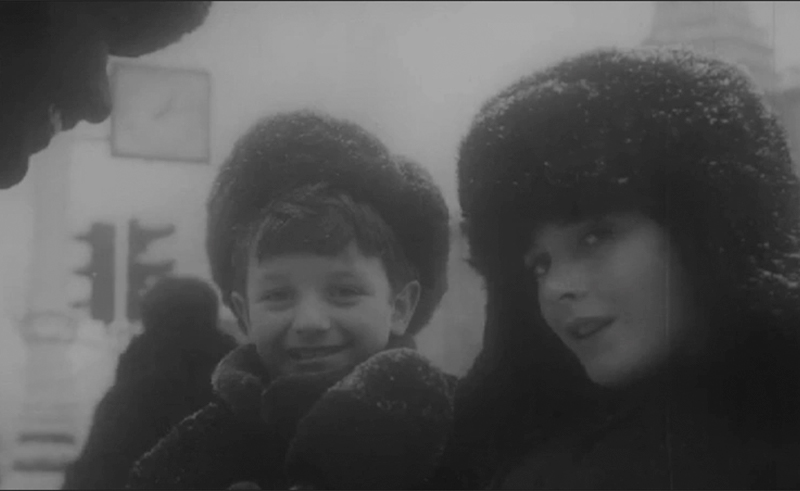 THE SHRINE (1977)
THE SHRINE (1977)
Directed by Tayeb Mahdi
Following the story of a man possessing healing powers, Mahdi produced this short during his studies at the High Cinema Institute in Egypt.
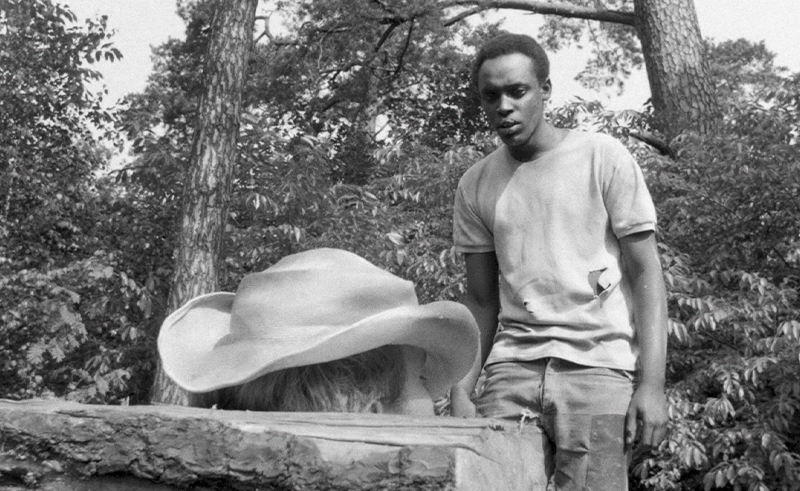 THE ROPE (1985)
THE ROPE (1985)
Directed by Ibrahim Shaddad
Guided by a tether, a pair of visually impaired men navigate the desert terrain alongside a donkey. At times, the direction is determined by the men, while on other occasions, the donkey takes the lead in guiding them through the desert.
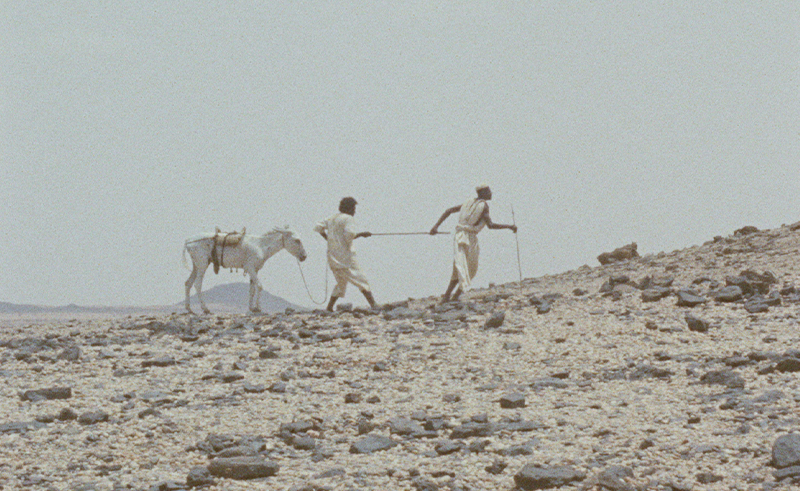 THE STATION (1989)
THE STATION (1989)
Directed by Tayeb Mahdi
The film revolves around ‘people on foot and on wheels’ who meet at a crossroads in the desert between Khartoum and Bur Sudan.
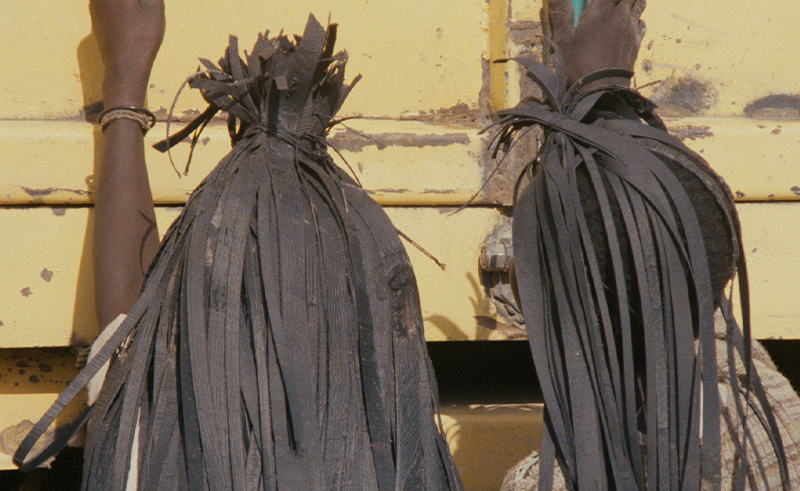 FOUR TIMES FOR CHILDREN (1979)
FOUR TIMES FOR CHILDREN (1979)
Directed by Tayeb Mahdi
The film portrays the daily routines within contemporary institutions and educational establishments catering to children with either physical or cognitive impairments.
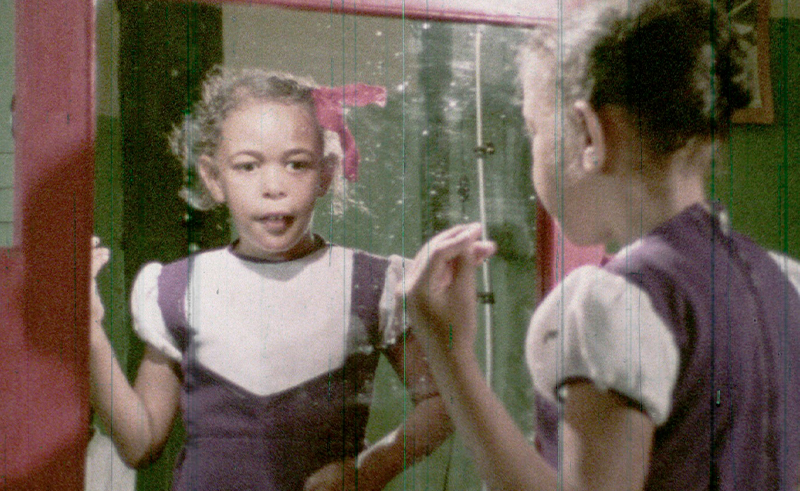 HUNTING PARTY (1964)
HUNTING PARTY (1964)
Directed by Ibrahim Shaddad
Crafted in the German language, the film emerged as a culmination project at the German Academy of Film Art in Potsdam-Babelsberg. A seminal creation by Shaddad, the film offers an exploration of racial biases. Set in a Brandenburg forest, it captures the pursuit of a black farm labourer by a white mob.-2a0747b5-7dea-48ec-be99-e9be1eaa4afd.jpg) CAMEL (1981)
CAMEL (1981)
Directed by Ibrahim Shaddad
The film presents an account of a camel's life, primarily unfolding within the confines of a mundane and compact space, a sesame mill.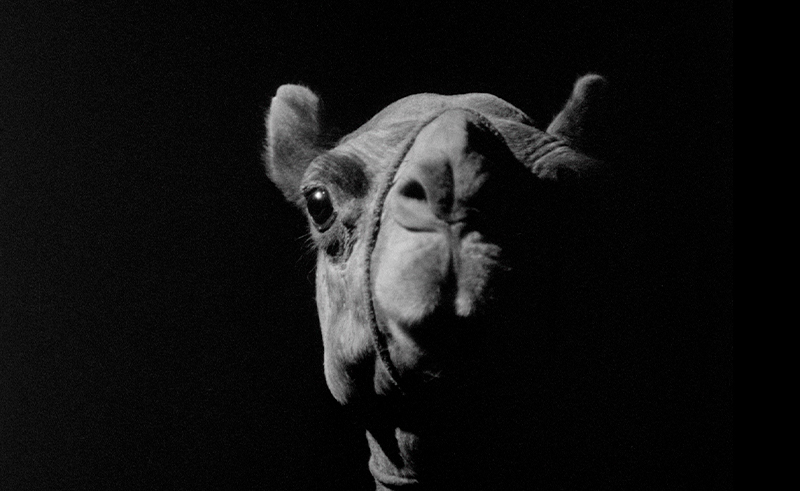 BUT THE EARTH REVOLVES (1978)
BUT THE EARTH REVOLVES (1978)
Directed by Suleiman al-Nour
The film tells the stories of daily life within a school in Yemen.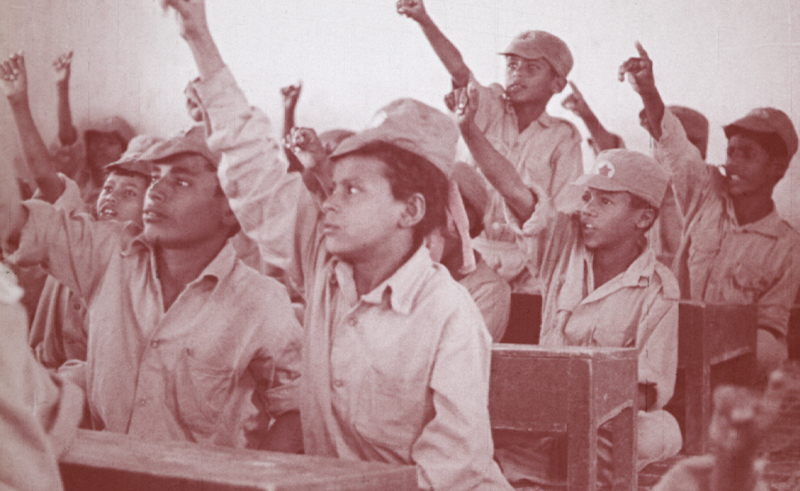
- Previous Article سندباد الورد أضحي سلطاناً: مراجعة لألبوم شب جديد والناظر 'سلطان'
- Next Article Egyptian Embassies Around the World
Trending This Week
-
May 09, 2024



